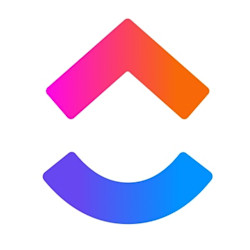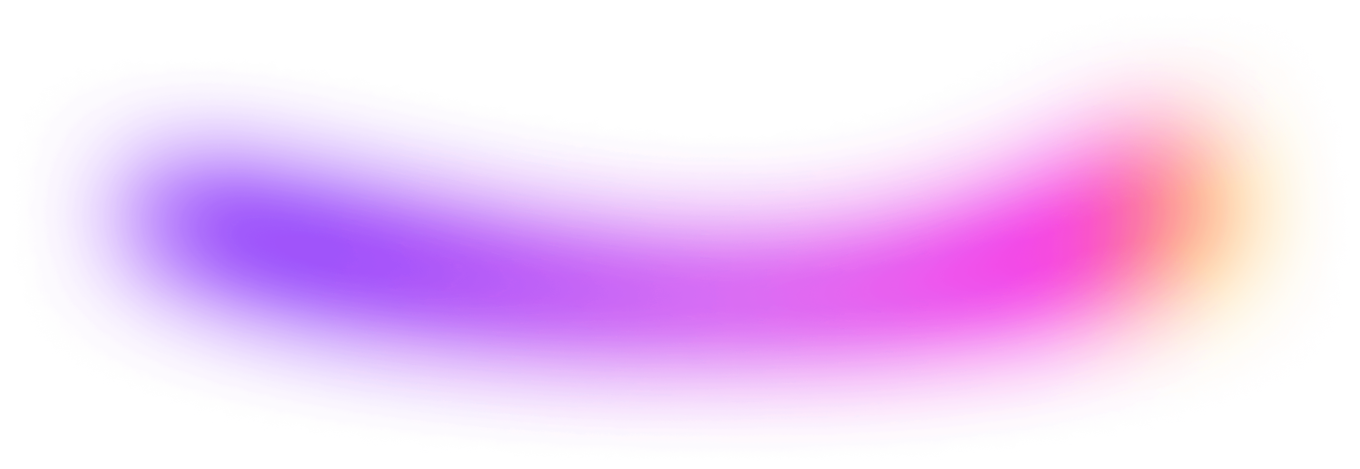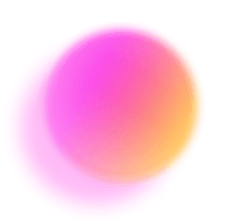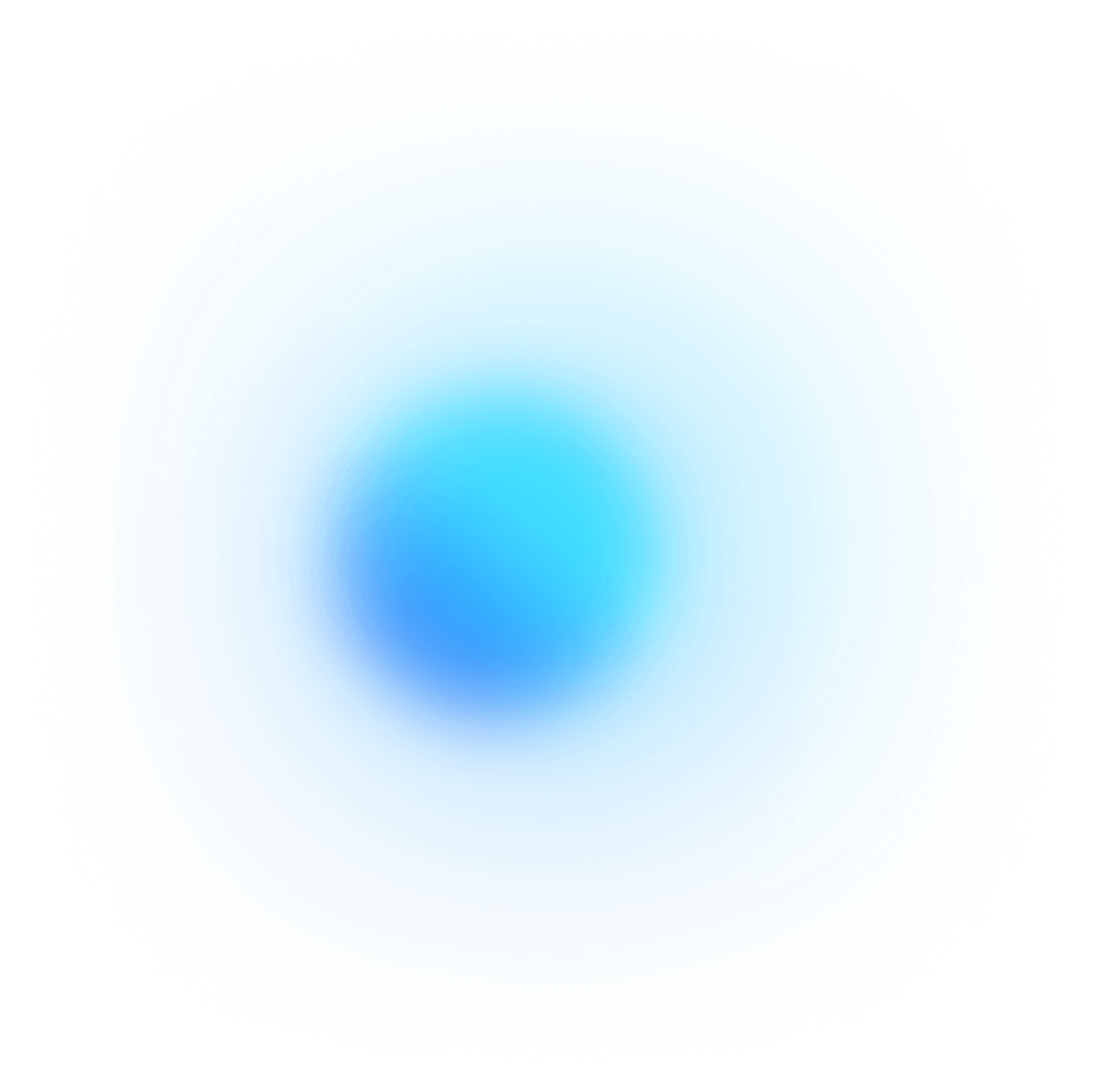Game development is an exciting and dynamic industry, but it can also be a complex and challenging process. That's why having a roadmap template specifically designed for game developers is essential for success in this competitive field.
With ClickUp's Roadmap Template for Game Developers, you can:
- Plan and visualize the entire game development process, from concept to launch
- Set clear goals, milestones, and timelines for each stage of development
- Coordinate and collaborate with your team to ensure smooth execution and efficient project management
Whether you're an indie developer or part of a larger game development company, ClickUp's Roadmap Template for Game Developers will help you stay organized and focused on creating the next gaming masterpiece. Get started today and level up your game development process!
Roadmap Template Game Developers Benefits
Game developers can benefit greatly from using the Roadmap Template in ClickUp. Here are some of the advantages:
- Streamlined project management: Easily plan and track the development process of your video game, keeping everyone on the same page.
- Efficient coordination: Ensure effective communication and collaboration among team members, preventing any delays or confusion.
- Clear milestones and timelines: Set specific goals and deadlines for different stages of the game development, ensuring progress and accountability.
- Visual representation: Visualize the entire development process with a clear roadmap, making it easier to identify any bottlenecks or areas needing improvement.
- Better resource allocation: Allocate resources effectively by identifying dependencies and priorities, optimizing productivity and reducing costs.
- Flexibility and adaptability: Adjust the roadmap as needed, allowing for changes in the development process and accommodating any unforeseen obstacles.
- Enhanced project transparency: Provide stakeholders with a clear overview of the game's progress, fostering trust and confidence in the development process.
Main Elements of Game Developers Roadmap Template
ClickUp's Roadmap Template for Game Developers is designed to streamline the development process and ensure efficient project management and coordination among team members. Here are the main elements of this template:
- Custom Statuses: Track the progress of your game development with statuses including Cancelled, Complete, In Progress, On Hold, and To Do.
- Custom Fields: Utilize 8 custom fields such as Duration Days, Impact, Progress, and Team Members to capture important information about each task and easily visualize the roadmap.
- Custom Views: Access 6 different views, including Progress, Gantt, Workload, Timeline, Initiatives, and Getting Started Guide, to gain different perspectives on your game development progress and manage tasks effectively.
- Project Management: Leverage ClickUp's powerful features like Gantt chart, Workload view, and Timeline view to plan and visualize your game development process. Collaborate with team members, set milestones, track progress, and ensure seamless coordination throughout the project.
How To Use Roadmap Template Game Developers
If you're a game developer looking to create a roadmap for your upcoming projects, follow these steps to make the most out of the Roadmap Template in ClickUp:
1. Define your game development goals
Before diving into the roadmap, it's crucial to have a clear understanding of your game development goals. Do you want to release a new game, update an existing game, or add new features? Defining your goals will help you prioritize tasks and allocate resources effectively.
Use Goals in ClickUp to set specific, measurable, achievable, relevant, and time-bound (SMART) goals for your game development projects.
2. Identify key milestones
Break down your game development process into key milestones. These milestones represent significant achievements or stages in your project, such as concept development, alpha release, beta testing, and final launch. Identifying milestones will help you track progress and stay on schedule.
Use Milestones in ClickUp to create and visualize your game development milestones.
3. Plan tasks and dependencies
Now it's time to plan the individual tasks required to reach each milestone. Start by listing all the tasks necessary for each milestone and determine their dependencies. For example, you may need to complete the character design before starting the level design.
Use the Board view in ClickUp to create tasks, set due dates, and establish task dependencies for efficient game development planning.
4. Assign resources and set timelines
Assign team members to each task and set realistic timelines for completion. Consider the availability and expertise of your team members when assigning tasks. Distribute the workload evenly and make sure everyone knows their responsibilities and deadlines.
Use the Workload view in ClickUp to visualize resource allocation and ensure a balanced workload for your game development team.
5. Monitor progress and adapt
Regularly monitor the progress of your game development roadmap and make adjustments as needed. Keep track of completed tasks, analyze any bottlenecks or delays, and make necessary changes to stay on track. Celebrate achievements and learn from challenges to improve your future game development projects.
Use Dashboards in ClickUp to track and visualize the progress of your game development roadmap, including task completion rates and overall project status.
By following these steps and utilizing the features in ClickUp, you can effectively plan and execute your game development projects, ensuring a successful and timely release of your games.
Get Started with ClickUp’s Roadmap Template Game Developers
Game developers can use the ClickUp Roadmap Template to effectively plan and track the development process of their video games. This template provides a comprehensive overview of features, milestones, and timelines, ensuring efficient project management and coordination among team members.
To get started with the template, follow these steps:
Hit “Add Template” to sign up for ClickUp and add the template to your Workspace. Designate the appropriate Space or location in your Workspace for this template.
Invite relevant team members or guests to your Workspace to start collaborating on the game development project.
Take advantage of the template's features to streamline your game development process:
- Use the Progress View to track the progress of each task and ensure timely completion.
- Utilize the Gantt View to visualize the project timeline and dependencies.
- The Workload View helps you manage team resources and distribute tasks effectively.
- Use the Timeline View to plan and visualize milestones and deadlines.
- The Initiatives View allows you to group related tasks and features together for better organization.
- Refer to the Getting Started Guide View for a step-by-step walkthrough of the template and its features.
- Customize the template to fit your game development process by utilizing the 8 custom fields:
- Duration Days: Assign the estimated duration of each task in days.
- Impact: Evaluate the impact of each task on the overall project.
- Progress: Track the progress of each task as it moves through different stages.
- Ease of Implementation: Assess the level of difficulty in implementing each feature.
- Team Members: Assign team members responsible for each task.
- Department: Categorize tasks based on the relevant department.
- Project Lead: Designate a project lead responsible for overseeing the entire game development process.
Organize tasks into five different statuses: Cancelled, Complete, In Progress, On Hold, and To Do, to keep track of their progress.
Update task statuses and custom fields as you progress through the game development process to keep all stakeholders informed.
Monitor and analyze tasks using the template's various views and features to ensure maximum productivity and successful game development.








